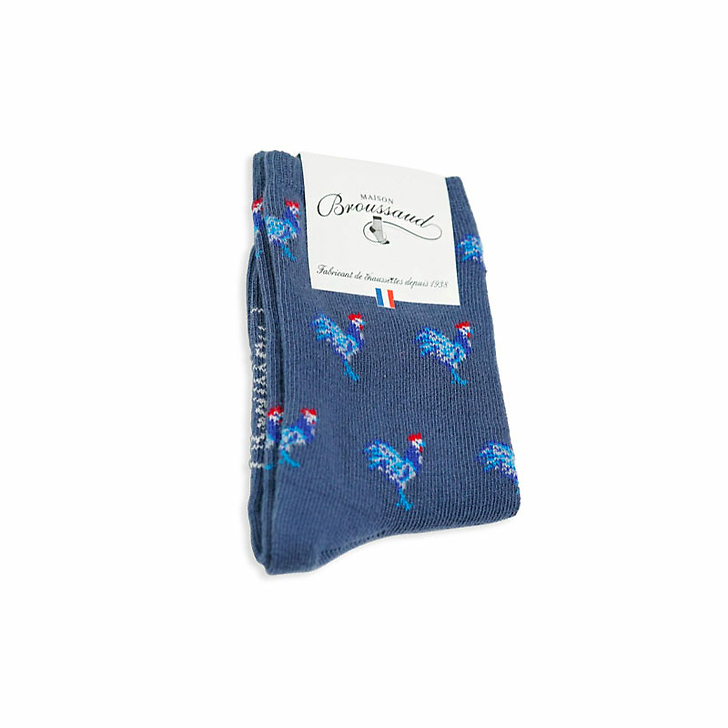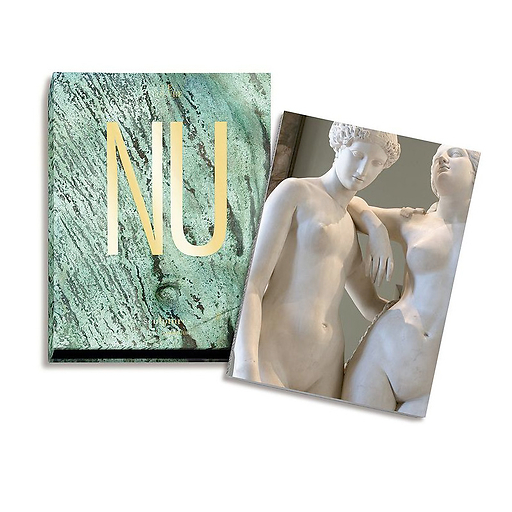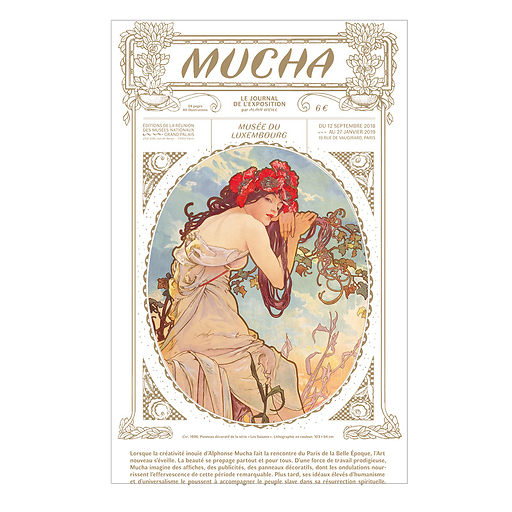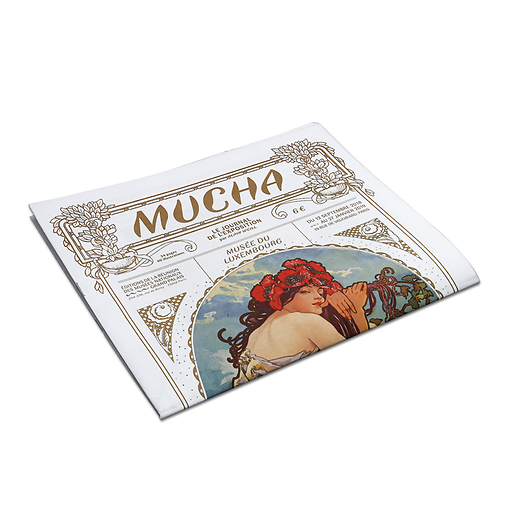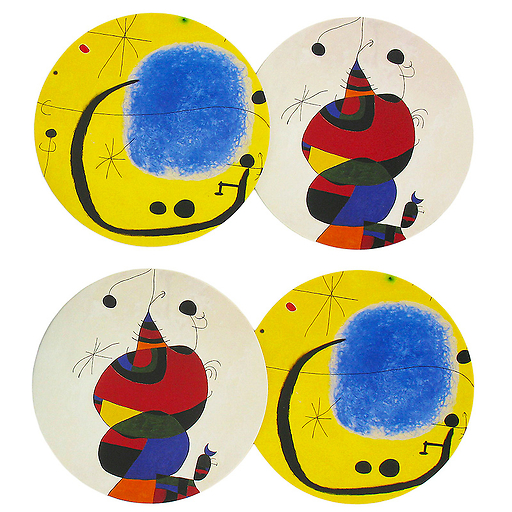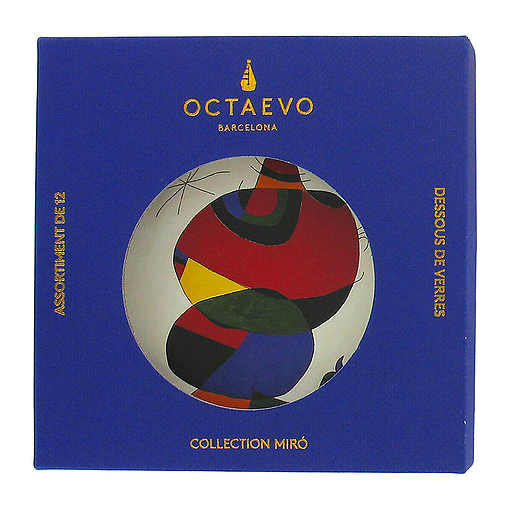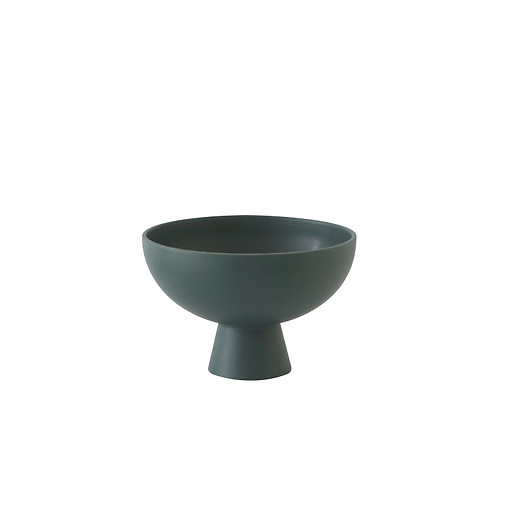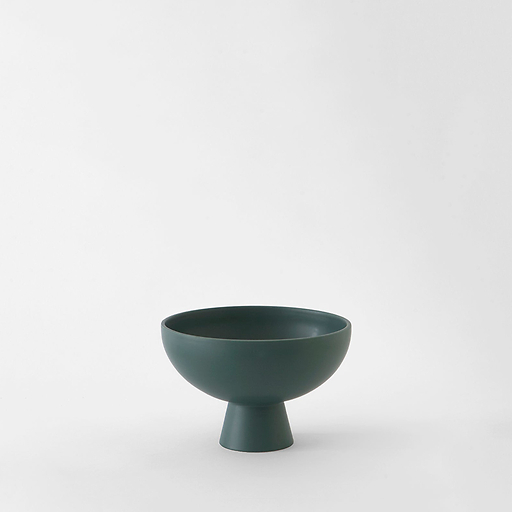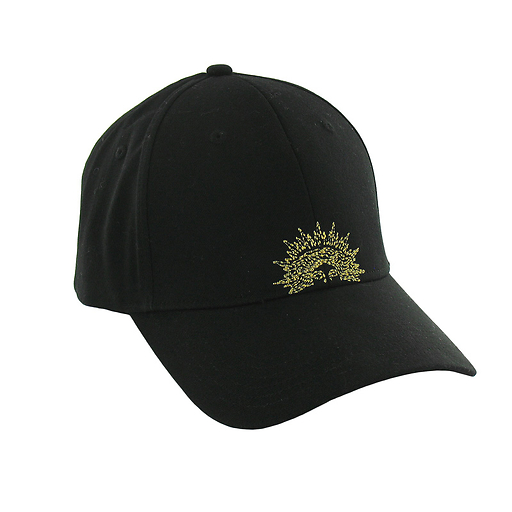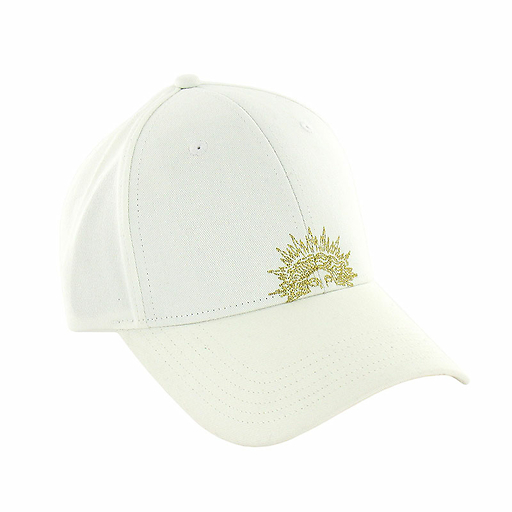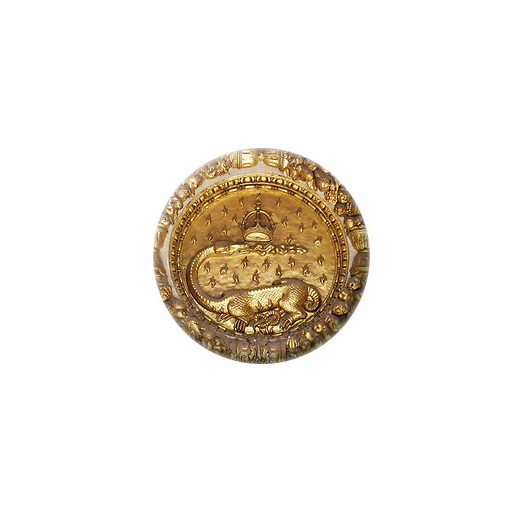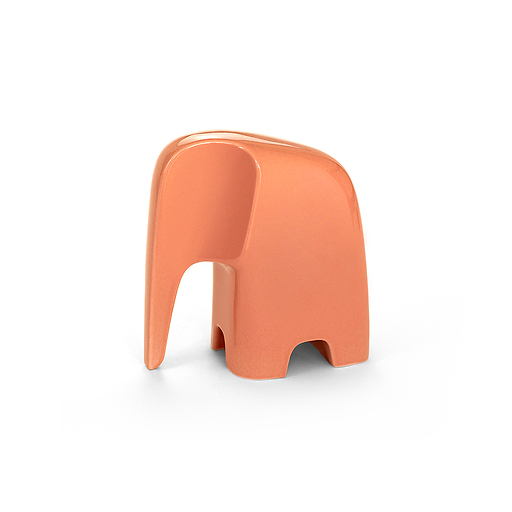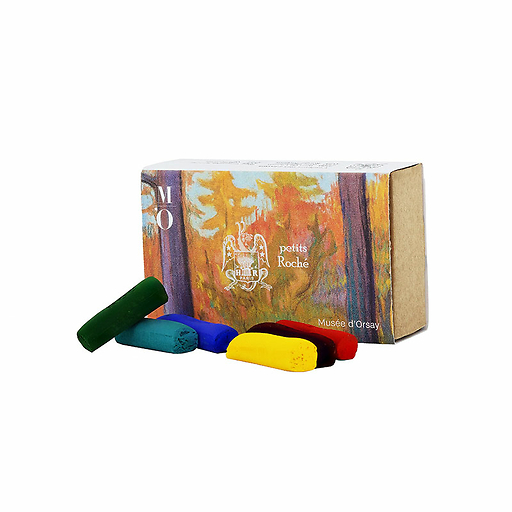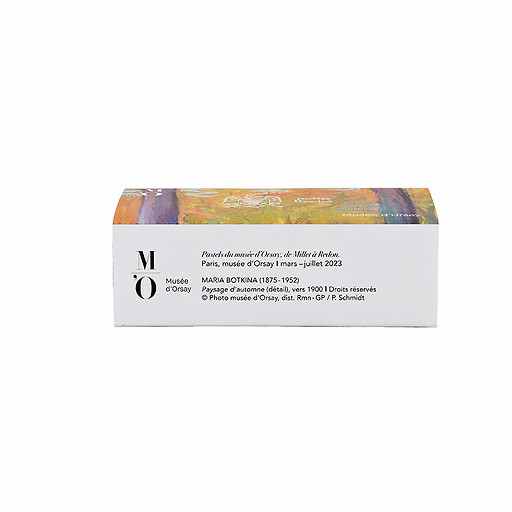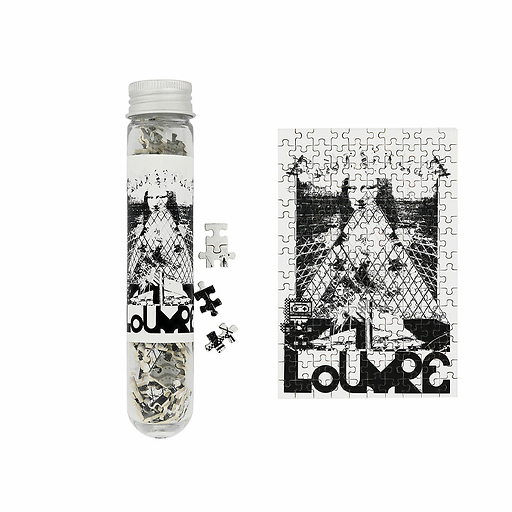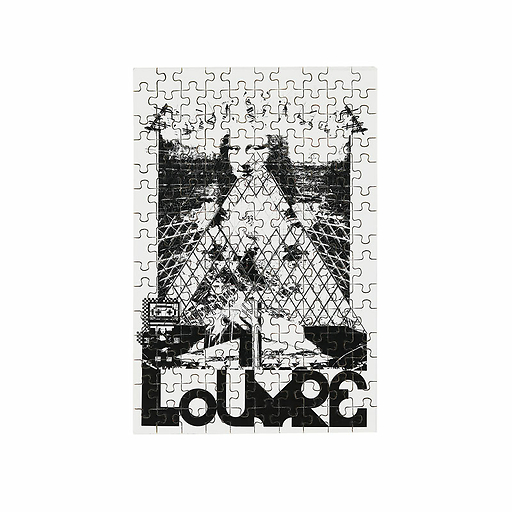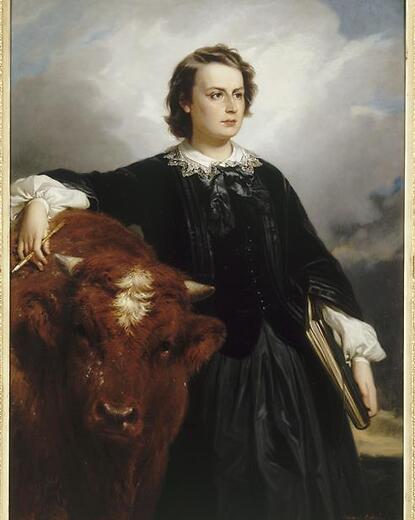Children's sock with Coq pattern in all-over with Maison Broussaud logo under the foot.
Maison Broussaud, French manufacturer of socks and tights since 1938
Broussaud, a French Maison.
Maison Broussaud is the story of three generations of enthusiasts who have been passing on their knitting know-how...
Read more
Children's sock with Coq pattern in all-over with Maison Broussaud logo under the foot.
Maison Broussaud, French manufacturer of socks and tights since 1938
Broussaud, a French Maison.
Maison Broussaud is the story of three generations of enthusiasts who have been passing on their knitting know-how for 80 years.
Our socks are designed, knitted and made exclusively in France, in the heart of our little village in Limousin. Our workshop has been producing since 1938 on the same site, in the purest tradition of French hosiery.
Composition :
87% Cotton, 12% Polyamide, 1% Elastane
Close

